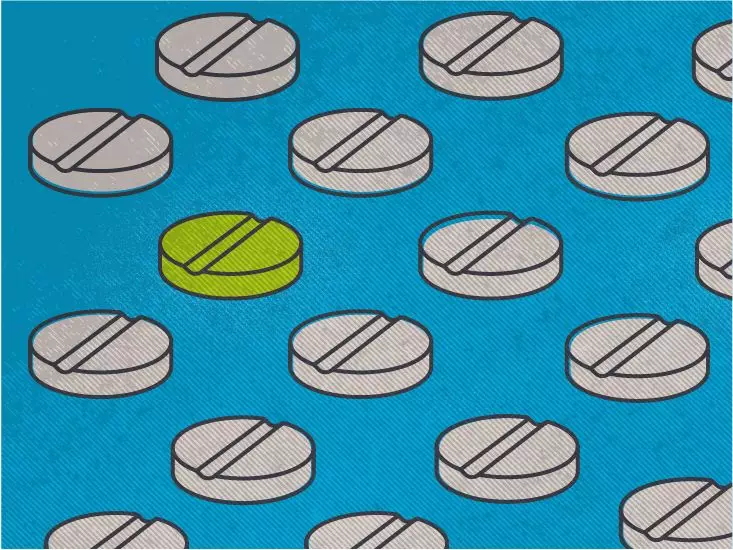Clonazepam is a vital medication in the treatment of anxiety disorders and seizure disorders, commonly recognized under its brand name, Klonopin. Given its significance, understanding its cost and accessibility is crucial for those reliant on this medication. Various factors influence the price consumers will pay, including their insurance coverage, prescribed dosage, and even the pharmacy location.
Clonazepam is available in two primary formulations: oral tablets and oral disintegrating tablets (ODT). The ODT option offers a unique benefit, dissolving in the mouth for ease of use. However, this convenience often comes at a premium, reflecting a common trend in the pharmaceutical industry where specialized formulations may cost more than their standard counterparts.
Consumers seeking clonazepam should be aware that without insurance, the out-of-pocket expense can be substantial. The variability in cost might stem from several considerations, such as the quantity prescribed—be it a 30-day or 90-day supply—and any applicable discounts or savings programs. Generally, bulk purchasing, like a 90-day supply, can lead to cost savings, a strategy worth exploring for long-term users.
For those with insurance, the coverage of clonazepam varies significantly between plans. Many insurance companies require prior authorization for this medication, necessitating a dialogue between the prescribing physician and the insurer to evaluate its appropriateness for the patient. If a prescription is filled before obtaining prior authorization, patients may find themselves facing the full retail price of the medication, which can be financially burdensome.
Patients are encouraged to directly consult with their insurance provider to determine whether clonazepam is covered and under what conditions. In instances where insurance does not cover the medication adequately, or for those without any insurance, alternative cost-saving opportunities may exist. Utilizing Optum Perks coupons is one method to reduce costs, but these discounts often cannot be combined with insurance benefits, which may lead to confusion.
Being a generic medication, clonazepam is an exact duplicate of its brand-name counterpart, Klonopin. Typically, generic drugs are more affordable without compromising safety or efficacy, making them a popular choice for many patients. Nonetheless, patients may still prefer or require brand-name medications due to personal medical histories or insurance limitations.
When determining whether to choose the generic or brand-name version, patients should engage in conversations with their healthcare providers to weigh the pros and cons based on medical need, efficacy, and cost. This dialogue can be pivotal in ensuring effective treatment while managing overall expenses.
Long-term users of clonazepam should investigate different savings programs and assistance resources available to them. Organizations focused on prescription assistance can offer information on various programs aimed at lowering the cost of medications. Websites geared towards patient advocacy may also provide insight into financial assistance and savings cards that can ease the economic burden of purchasing clonazepam.
Mail-order pharmacies represent another viable option for cost reduction, helping patients receive their medications conveniently, potentially at a lower price. Many Medicare plans support mail-order prescriptions, and substantial savings can often be achieved through this avenue, particularly for those requiring regular refills.
While clonazepam plays a crucial role in managing anxiety and seizure disorders, understanding the financial aspects related to its acquisition is equally important. By examining factors such as insurance coverage, available discounts, and generic versus brand-name options, patients can make informed decisions that best suit their health needs and financial situation.
Effective communication with healthcare providers, pharmacists, and insurance companies is essential in navigating the complexities of medication costs. The availability of resources and programs aimed at assisting patients in managing their healthcare expenses is vast; tapping into these can lead to significant savings, ensuring that individuals can continue their treatment without facing insurmountable financial barriers. Always consult healthcare professionals before making changes to medication, as professional guidance is key to achieving optimal health outcomes.

